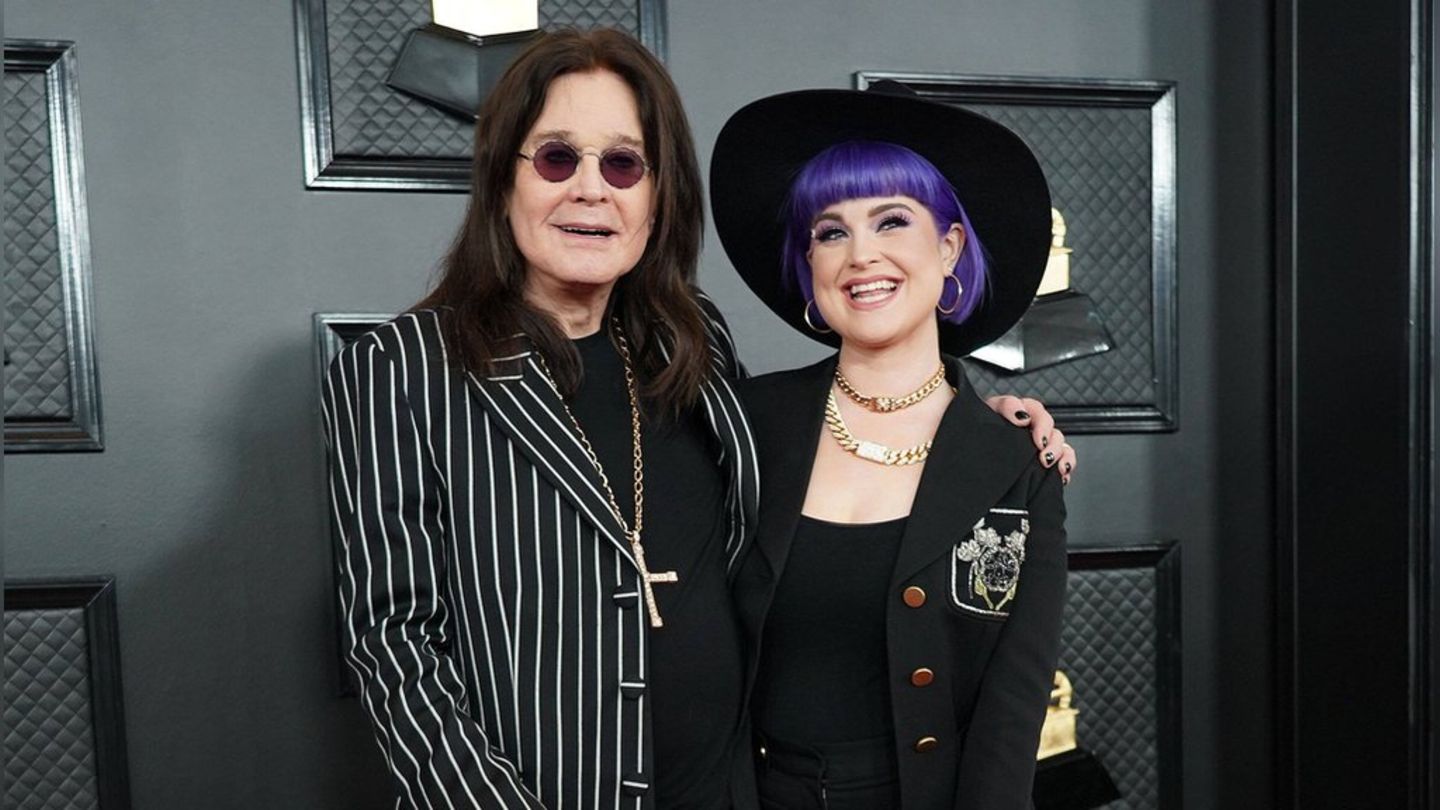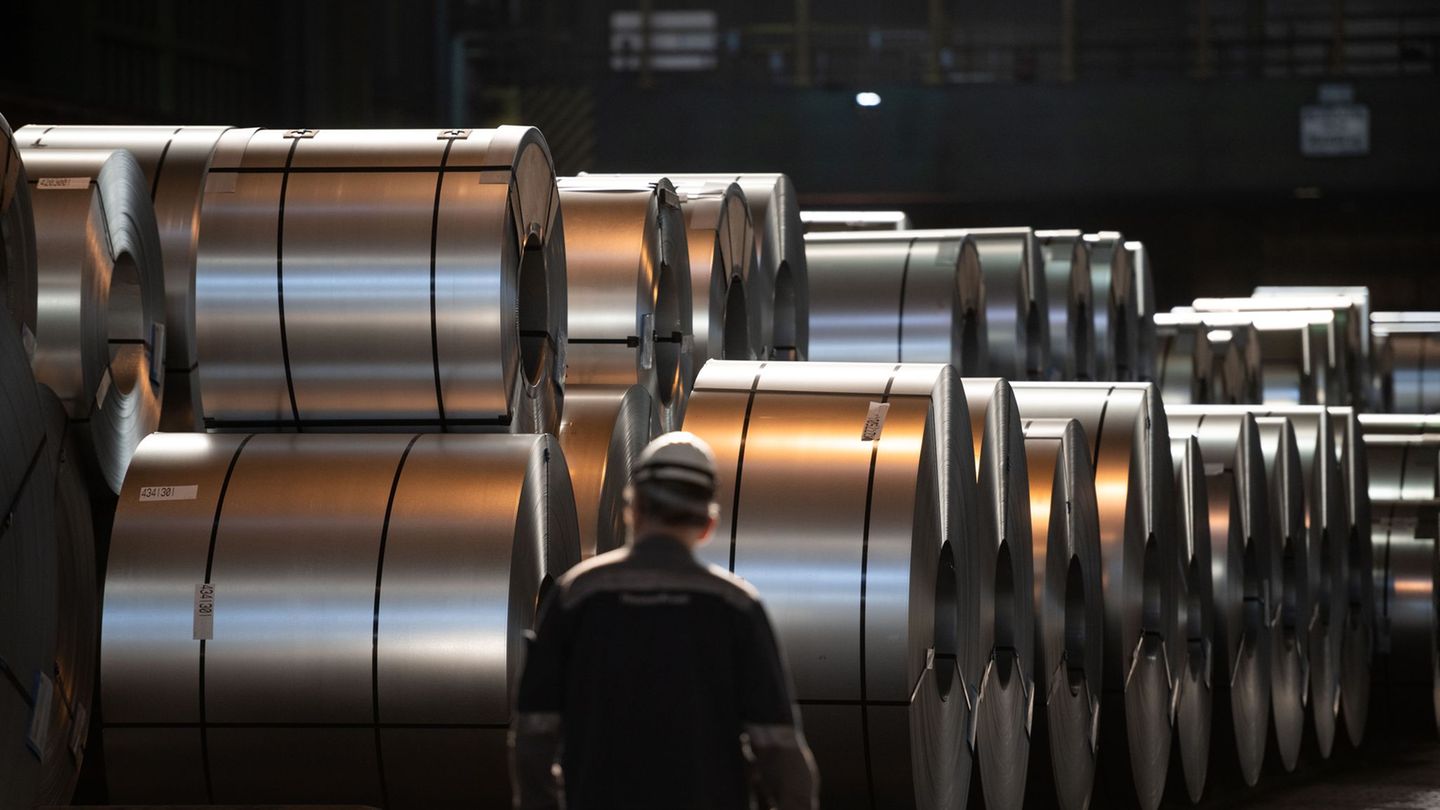Will the breakthrough from a political stalemate be successful? Despite an election victory for the left, President Macron is relying on a conservative as the new prime minister.
Barely two months after the parliamentary elections, French President Emmanuel Macron has appointed former EU Commissioner Michel Barnier as Prime Minister. According to the Élysée Palace, Barnier’s task is to form a coalition government. Can the professional diplomat pull off the coup despite the complicated majority situation?
France gets its oldest prime minister
Barnier is considered a quiet man with clear statements and an influential figure among France’s conservative Republicans. Thanks to his decades-long political career, in which he has already held ministerial posts under François Mitterrand, Jacques Chirac and Nicolas Sarkozy, he is respected across party lines. The economic expert has served as an EU Commissioner several times and was also the European Union’s chief Brexit negotiator, a role in which he saw himself as a reliable, sober, statesmanlike negotiator.
Macron, who was primarily looking for a head of government who would not be opposed by a majority and would be ousted by a vote of no confidence in parliament shortly after his appointment, seems to be relying on experience after the current prime minister and young gun Gabriel Attal. No French prime minister in recent decades has been as old as the 73-year-old Barnier when he took office.
It has long been clear that he is aiming for greater things in his home country. Barnier wanted to run for his conservatives in the 2022 presidential election, but was eliminated in the party’s internal selection process. Now the father of three children is no longer said to be striving for the top job in the country, probably an argument for his nomination as prime minister.
Finding a majority remains difficult
It remains to be seen whether the eastern Frenchman can actually form a government with a majority. His conservatives had stressed just a few days ago that they did not want to be part of a government, but they will at least tolerate Barnier. Macron’s centrist camp will also probably follow the new head of government.
But to gain a majority, Barnier would also need votes from the left or right. The right-wing nationalists around Marine Le Pen, who previously used the no-confidence vote against several potential prime ministers, would like to wait for the new prime minister’s declaration of government. It is possible that they will also support Barnier in the end. At least his restrictive positions on migration policy and his critical stance on EU regulations appealed to them.
But the left-wing camp, which came out on top in the election and whose preferred candidate for the post of prime minister, Macron, had rejected it due to the lack of a majority, reacted angrily to the appointment. The Socialists spoke of a “denial of democracy”, Green Party leader Marine Tondelier felt she had been made fun of, and Communist Party leader Fabien Roussel compared the appointment to the insulting gesture of a raised forearm – comparable to the raised middle finger in Germany. There is unlikely to be any support from the left for Barnier, the son of an entrepreneur.
Political showdown in parliament is imminent
The new French Prime Minister faces major challenges, and not just because of the factional battles in parliament. The first major challenge will likely be the adoption of the next budget, as France is facing an EU deficit procedure due to excessive new debt. The future government under Barnier will hardly be able to avoid a strict and unpopular austerity policy.
The left-wing election winners could still insist on the increase in the minimum wage promised during the election campaign and a softening of the pension reform pushed through by Macron. All of this promises a political showdown and protests on the streets, which make it impossible to predict how long a Barnier government will last.
It will also be interesting to see how the relationship between President Macron and Prime Minister Barnier develops. Macron may not be able to simply continue his line, but because his Liberals will probably be part of the government, it remains to be seen how much leeway Barnier will allow him. Macron has the upper hand, at least in foreign policy. For Brussels and Berlin, this promises a fairly reliable French course.
Source: Stern
I have been working in the news industry for over 6 years, first as a reporter and now as an editor. I have covered politics extensively, and my work has appeared in major newspapers and online news outlets around the world. In addition to my writing, I also contribute regularly to 24 Hours World.




